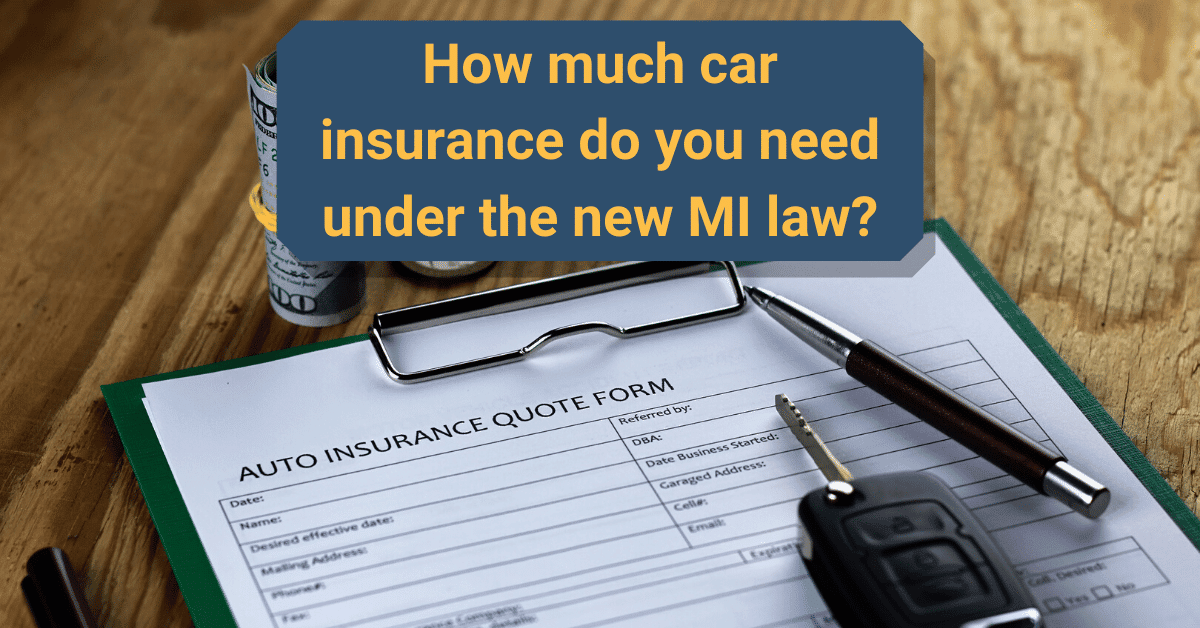Entire life and universal life insurance coverage are both thought about irreversible policies. That indicates they're developed to last your whole life and won't expire after a certain period of time as long as needed premiums are paid. They both have the prospective to build up money worth in time that you may have the ability to borrow versus tax-free, for any reason. Since of this feature, premiums might be higher than term insurance. Whole life insurance coverage policies have a fixed premium, suggesting you pay the exact same quantity each and every year for your protection. Just like universal life insurance coverage, whole life has the possible to accumulate money value in time, developing a quantity that you may have the ability to borrow versus.
Depending upon your policy's prospective money value, it might be utilized to avoid a superior payment, or be left alone with the potential to build up value in time. Prospective growth in a universal life policy will vary based on the specifics of your private policy, along with other elements. When you purchase a policy, the releasing insurance provider develops a minimum interest crediting rate as outlined in your contract. However, if the insurance provider's portfolio makes more than the minimum rates of interest, the company may credit the excess interest to your policy. This is why universal life policies have the potential to earn more than a whole life policy some years, while in others they can earn less.
Here's how: Considering that there is a cash value part, you may have the ability to avoid exceptional payments as long as the money value is enough to cover your needed expenditures for that month Some policies may enable you to increase or reduce the death benefit to match your specific circumstances ** Oftentimes you may borrow versus the money value that might have accumulated in the policy The interest that you may have made with time collects tax-deferred Entire life policies use you a repaired level premium that won't increase, the potential to build up cash worth with time, and a fixed survivor benefit for the life of the policy.
As a result, universal life insurance coverage premiums are usually lower during periods of high rate of interest than entire life insurance coverage premiums, often for the same amount of protection. Another crucial difference would be how the interest is paid. While the interest paid on universal life insurance is frequently changed monthly, interest on an entire life insurance coverage policy is usually adjusted annually. This could imply that during durations of rising rates of interest, universal life insurance policy holders may see their cash values increase at a quick rate compared to those in entire life insurance policies. Some people might choose the set survivor benefit, level premiums, and the capacity for growth of an entire life policy.
Although entire and universal life policies have their own distinct functions and benefits, they both concentrate on supplying your loved ones with the cash they'll need when you die. By dealing with a qualified life insurance coverage agent or company representative, you'll be able to select the policy that best fulfills your specific needs, spending plan, and financial objectives. You can also get acomplimentary online term life quote now. * Provided necessary premium payments are timely made. ** Increases might be subject to extra underwriting. WEB.1468 (What is health insurance). 05.15.

Rumored Buzz on How Much Is Motorcycle Insurance
You don't need to think if you need to enlist in a universal life policy because here you can discover all about universal life insurance coverage advantages and disadvantages. It resembles getting a preview prior to you purchase so you can decide if it's the ideal type of life insurance for you. Keep reading to learn the ups and downs of how universal life premium payments, money value, and death advantage works. Universal life is an adjustable kind of permanent life insurance coverage that enables you to make modifications to 2 primary parts of the policy: the premium and the death benefit, which in turn affects the policy's money value.
Below are a few of the overall advantages and disadvantages of universal life insurance. Pros Cons Developed to use more versatility than entire life Doesn't have the ensured level premium that's offered with whole life Money worth grows at a variable rates of interest, which might yield higher returns Variable rates likewise indicate that the interest on the money worth could be low More opportunity to increase the policy's money worth A policy generally requires to have a positive money worth to remain active Among the most appealing functions of universal life insurance is the capability to select when and how much premium you pay, as long as payments fulfill the minimum quantity required to keep the policy active and the IRS life insurance guidelines on the maximum quantity of excess premium payments you can make (What does liability insurance cover).
But with this versatility likewise comes some downsides. Let's review universal life insurance advantages and disadvantages when it pertains to altering how you pay premiums. Unlike other types of long-term life policies, universal life can get used to fit your financial requirements when your money flow is up or when your spending plan is tight. You can: Pay higher premiums more regularly than needed Pay less premiums less frequently or even avoid payments Pay premiums out-of-pocket or use the cash value to pay premiums Paying the minimum premium, less than the target premium, or avoiding payments will adversely impact the policy's money value.